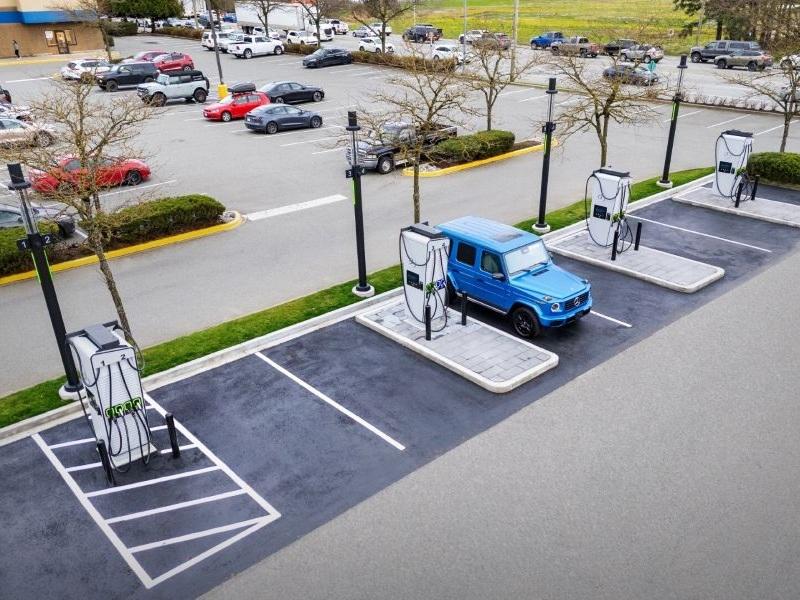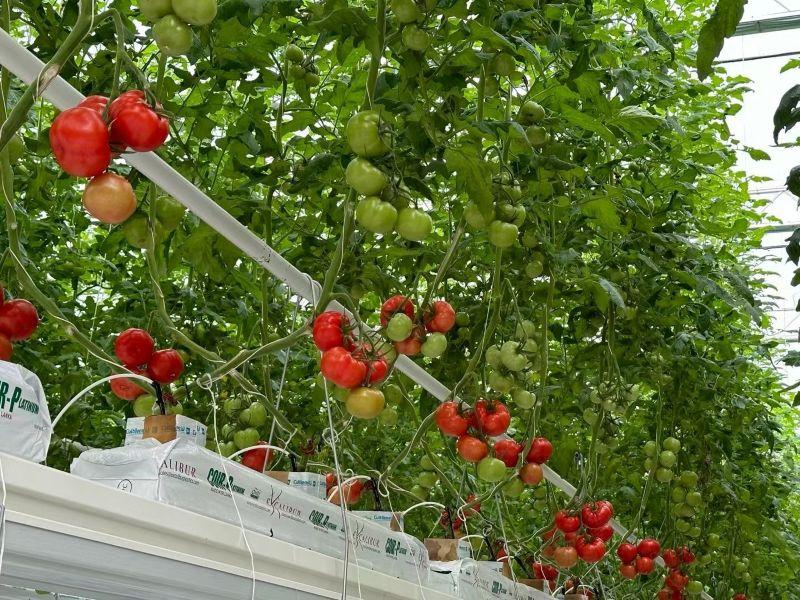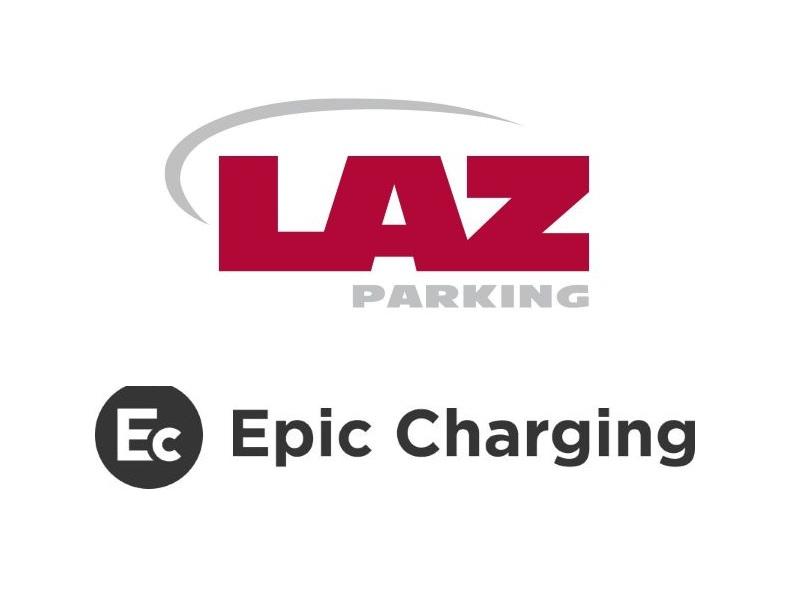
Starlight Investments’ impact investment efforts have paid off with a second consecutive leadership ranking in the Canadian multifamily category by Global Real Estate Sustainability Benchmark (GRESB), according to Starlight’s vice-president of ESG Marlee Kohn.
The Toronto-based real estate investment and asset management firm topped the Canada Residential: Multi-Family Non-listed peer group for the second straight year in the Dutch real estate ESG benchmark organization's 2023 report.
“We think, when we see the GRESB assessment in our results and how we fare against our peers and how we compared to our last year results, this serves as a true testament to our unwavering commitment around ESG. It matters to us in that regard,” Kohn said.
Starlight develops, owns and operates office, retail and mixed-use buildings and purpose-built rental housing with over 66,000 multiresidential suites and over seven million square feet of commercial office space.
As it takes a more active role in considering sustainability, Kohn said Starlight is seeking to go deeper into ESG in its corporate mindset.
Starlight’s GRESB rating
Starlight also made “huge strides” in its U.S. Residential and Commercial Private peer groups. Starlight scored seven points above its peers for its commercial portfolio, Kohn said, and made an improvement of 11 points for its U.S. residential portfolio.
Starlight declined to disclose its overall GRESB scores.
Kohn said Starlight’s formal ESG strategy played a significant part in achieving its results and it performed well in the area of capturing data related to energy use, water use, waste and carbon emissions.
Starlight also found success in its GRESB assessment due to its energy efficiency efforts across its commercial buildings and residential portfolio. Kohn said green building certifications from LEED and BOMA BEST played a key role in this, as GRESB values these highly.
When Starlight was told about its GRESB results, Kohn said the team was proud. “We have worked really hard on formalizing that program and strategy.”
Starlight’s sustainability strategy
Kohn said Starlight in 2022 conducted an exercise to receive nationwide feedback to develop a set of commitments and targets across its portfolios. It covered four topics: social impact, sustainable operations, people and culture, and transparency and accountability.
The most impactful target across the four commitments, she said, is Starlight's goal of reaching net-zero by 2050.
“We’re working really diligently to understand, measure and take those necessary steps in reaching this goal across both our existing portfolio and our new developments." Kohn explained.
Starlight identified its baseline emissions, found opportunities and risks for its growing portfolio, and prioritized building-level plans.
Starlight’s new developments beginning in 2030 must achieve net-zero carbon emissions. Sustainable construction through design and materials are considered, “inclusive and accessible” design features will be prioritized in new developments, as will creating resilient and adaptable buildings.
Starlight looks at the life span of building systems by first analyzing opportunities for energy efficiency and fuel switching, before it considers renewable energy credits or carbon offsets.
From 2019 to 2022, Starlight cut its carbon emissions intensity by 11 per cent, according to its 2022 ESG report. It also set a target to generate or procure 50 per cent renewable energy across its portfolio by 2030 and boost the number of electric vehicle chargers available across its portfolios.
Building sustainability as a mindset
Persisting with its GRESB engagement is a priority for Starlight, as it helps measure progress as the firm deepens its ESG commitment.
“Looking to GRESB and following that framework and assessment really does support what we’re doing. It gives us credibility by participating in GRESB and that opportunity to benchmark our strategy and programs," Kohn said. "That ultimately enhances our value proposition to our residents, to our communities, our co-investors and partners.”
There’s economic value in sustainability measures, Starlight believes, and those efforts translate into a better reputation, mitigating risk and having more resilient and adaptable buildings that withstand the impacts of climate change.
“When we talk about value, we’re not just talking about what’s good for the environment alone. We’re seeing what’s good for the environment is also good for the economy, it’s good for our people, it’s good for our society and communities.”










